
The Collection of Thomas and Doris Ammann Evening Sale
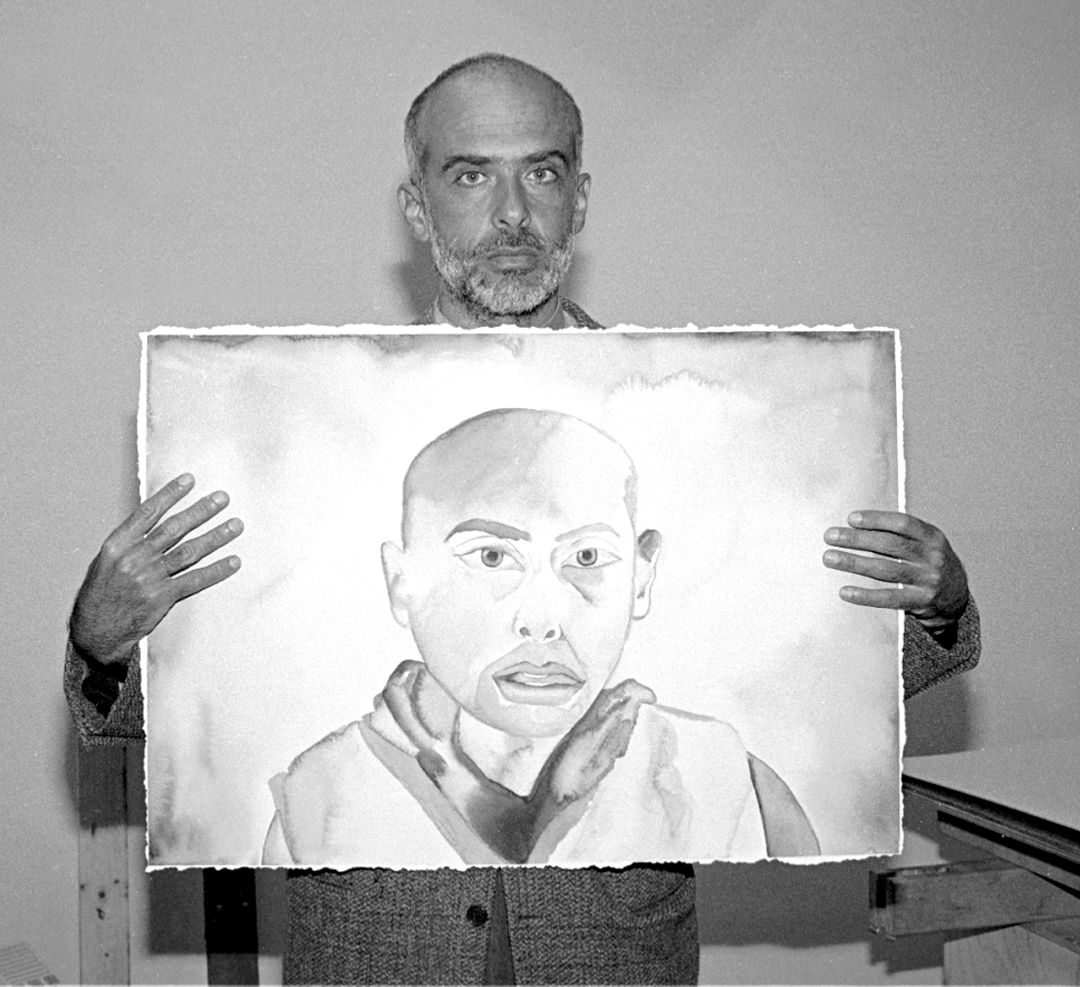
Francesco Clemente is an Italian contemporary artist. He has lived at various times in Italy, India and New York City. Some of his work is influenced by the traditional art and culture of India. He has worked in various artistic media including drawing, fresco, graphics, mosaic, oils and sculpture. He was among the principal figures in the Italian Transavanguardia movement of the 1980s, which was characterised by a rejection of Formalism and conceptual art and a return to figurative art and Symbolism.
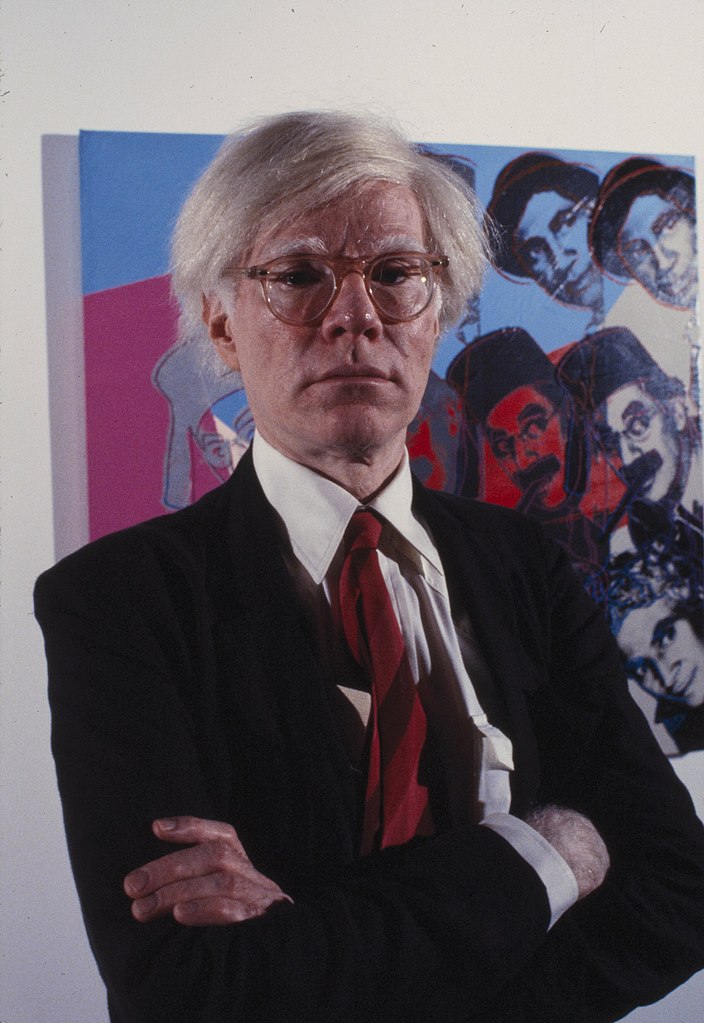
Andy Warhol, born as Andrew Warhola Jr., was an American visual artist, film director, and producer, who played a pivotal role in the development of the Pop Art movement. His art delved into the interplay between artistic expression, advertising, and celebrity culture, especially prevalent in the 1960s. Warhol was renowned for his diverse range of media, which included painting, silkscreening, photography, film, and sculpture.
Warhol's journey began in Pittsburgh, where he was born and raised, initially making a name for himself as a commercial illustrator. His New York studio, "The Factory," became a famous hub for intellectuals, celebrities, and various artistic minds. He was known for creating the notion of "Warhol superstars" and popularized the phrase "15 minutes of fame."
His contribution to the art world is significant, with notable works like "Campbell's Soup Cans" (1962) and "Marilyn Diptych" (1962), as well as his experimental films like "Empire" (1964) and "Chelsea Girls" (1966). These works not only define his career but also underscore the essence of the Pop Art movement.
Warhol's influence extended beyond his artwork. He managed and produced the experimental rock band The Velvet Underground, founded Interview magazine, and wrote several books, including "The Philosophy of Andy Warhol" and "Popism: The Warhol Sixties." Living openly as a gay man before the gay liberation movement, Warhol's personal life was as influential as his professional endeavors.
Tragically, Warhol's life was nearly cut short in 1968 when he was shot by radical feminist Valerie Solanas. He eventually passed away in 1987 due to cardiac arrhythmia following gallbladder surgery. His legacy continues, with The Andy Warhol Museum in Pittsburgh standing as the largest U.S. museum dedicated to a single artist.
Warhol's art remains highly collectible and valuable. His works, like the "Silver Car Crash (Double Disaster)" and "Shot Sage Blue Marilyn," have fetched staggering amounts at auctions, signifying his enduring impact on the art market.
For art collectors and experts, Andy Warhol's work represents a crucial intersection of pop culture and fine art, offering a unique perspective on consumerism and celebrity. His pieces are not just art; they are historical landmarks that capture a transformative era in both art and society.
To stay updated on new products, sales, and auction events related to Andy Warhol, sign up for our updates. This subscription will keep you informed about all things Warhol without overwhelming you with unnecessary information.
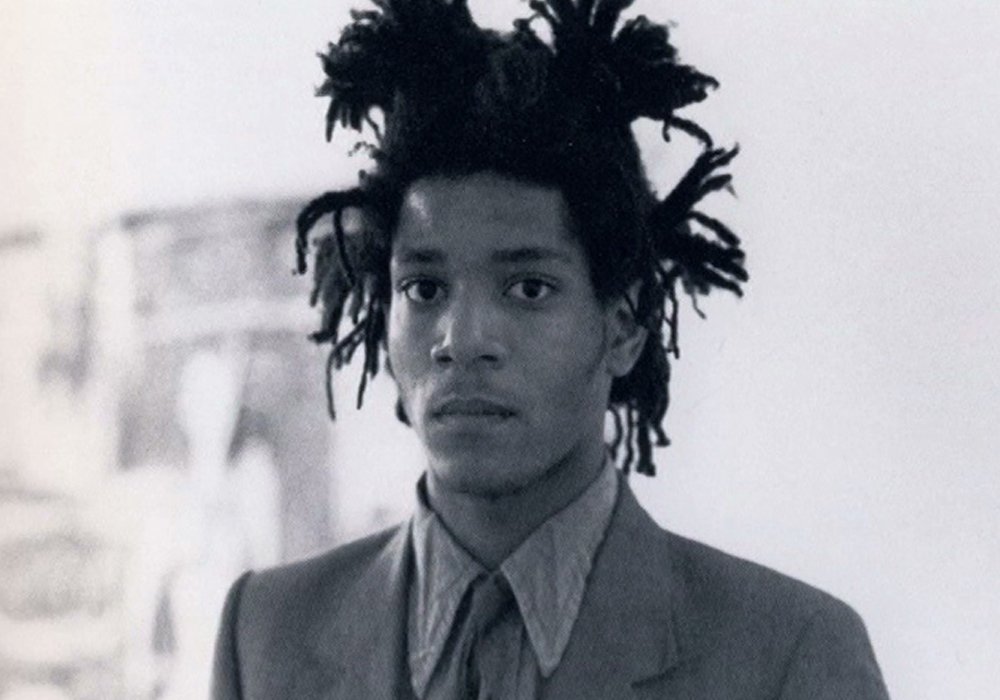
Jean-Michel Basquiat was an American artist who rose to success during the 1980s as part of the Neo-expressionism movement.
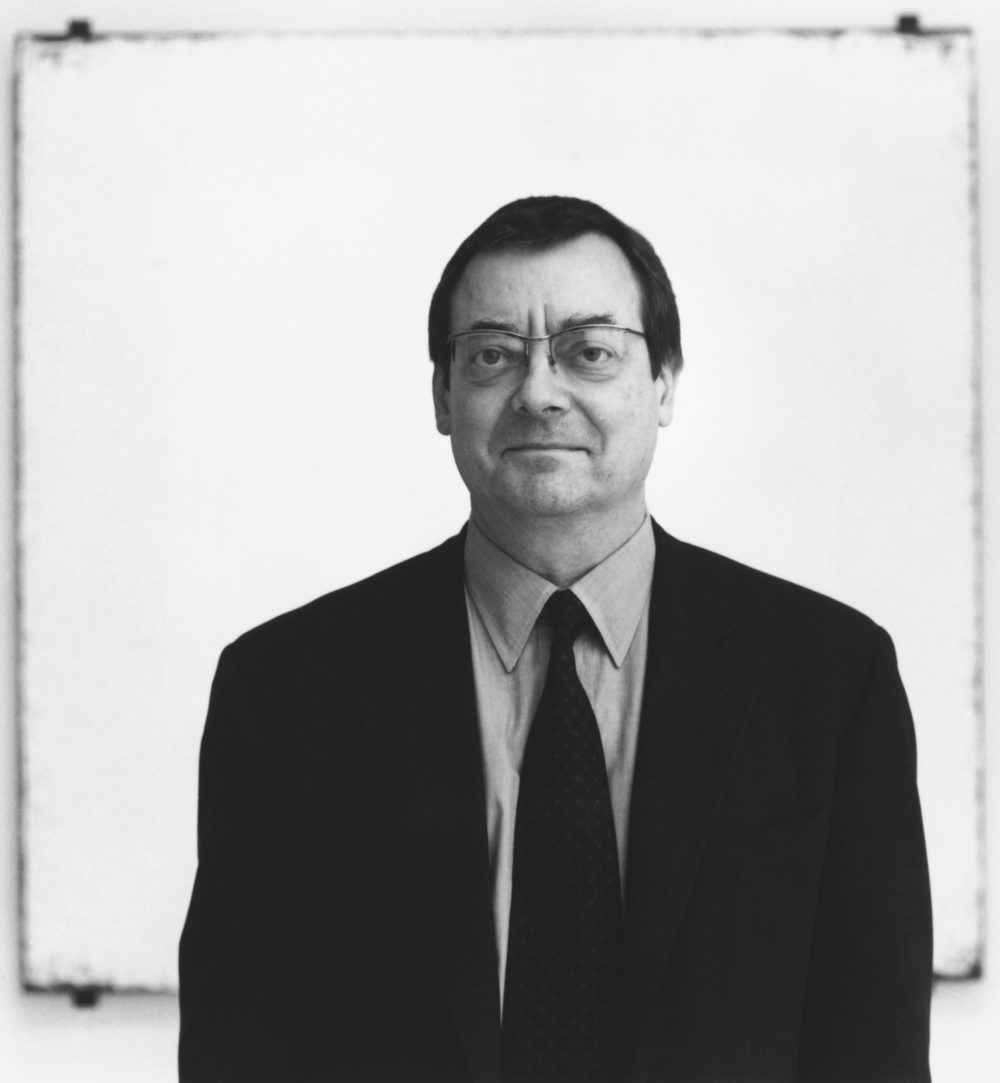
Robert Ryman was an American painter born in Nashville, Tennessee in 1930, and died in New York City in 2019. He was associated with the Minimalist movement, and is known for his monochromatic paintings that explore the materiality and texture of paint.
Ryman studied at the Tennessee Polytechnic Institute and the George Peabody College for Teachers before moving to New York City in the 1950s. He worked as a guard at the Museum of Modern Art, where he was exposed to the work of artists such as Jackson Pollock and Mark Rothko.
Ryman's early works were influenced by Abstract Expressionism, but he gradually moved towards a more minimal and reductive style. His paintings often feature white or off-white paint on square or rectangular canvases, with variations in texture and surface quality.
Ryman's work has been exhibited in galleries and museums around the world, including the Museum of Modern Art in New York, the Tate Modern in London, and the Centre Georges Pompidou in Paris. He was awarded the Golden Lion at the Venice Biennale in 2001, and is considered one of the most important American painters of the 20th century.
Cy Twombly, birth name Edwin Parker Twombly, was an American artist renowned for his contributions to painting, sculpture, and photography. Embracing a unique blend of classical references and graffiti-like elements, Twombly's work stands out in the art world for its distinctive, emotive scribbles and use of historical and literary themes. His art, often categorized within the realms of Abstract Expressionism and minimalism, diverges significantly in its lyrical sensitivity and intellectual depth, making it a subject of fascination and study among art collectors and experts.
Twombly's career, which spanned over six decades, was marked by a relentless pursuit of innovation and an intimate engagement with the materials of his art. His paintings, characterized by their gestural brushstrokes and cryptic symbols, evoke a range of emotions and ideas, bridging the gap between the personal and the universal. Notable works such as "Fifty Days at Iliam" displayed at the Philadelphia Museum of Art, and his series inspired by the seasons, showcase his ability to transform classical narratives into contemporary masterpieces. These pieces not only reflect Twombly's profound understanding of history and literature but also his capacity to reinterpret them within a modern context.
Furthermore, Twombly's sculptures, often overlooked next to his paintings, provide a tangible connection to the ancient world through their use of classical forms and unconventional materials. His work in this medium further emphasizes his fascination with the past, while simultaneously asserting the relevance of historical themes in contemporary art.
For collectors and experts in art and antiques, Cy Twombly's oeuvre represents an intriguing blend of poetic grace and intellectual rigor. His works, found in major museums and galleries worldwide, continue to inspire and challenge audiences with their enigmatic beauty and depth.
To stay informed about new product sales and auction events related to Cy Twombly's work, we invite you to sign up for updates. This subscription is an excellent opportunity for enthusiasts and collectors to remain connected to the evolving market of Twombly's art.
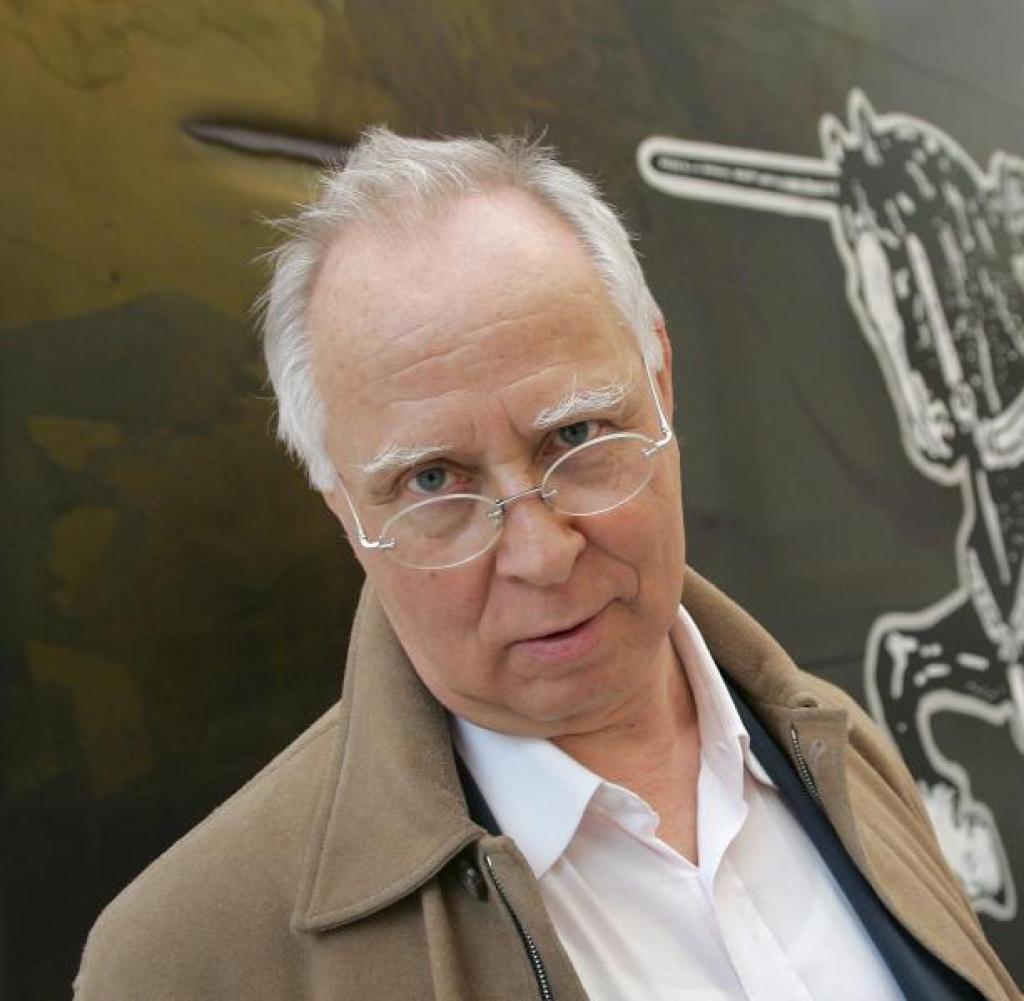
Sigmar Polke was a German painter and photographer.
Polke experimented with a wide range of styles, subject matters and materials. In the 1970s, he concentrated on photography, returning to paint in the 1980s, when he produced abstract works created by chance through chemical reactions between paint and other products. In the last 20 years of his life, he produced paintings focused on historical events and perceptions of them.
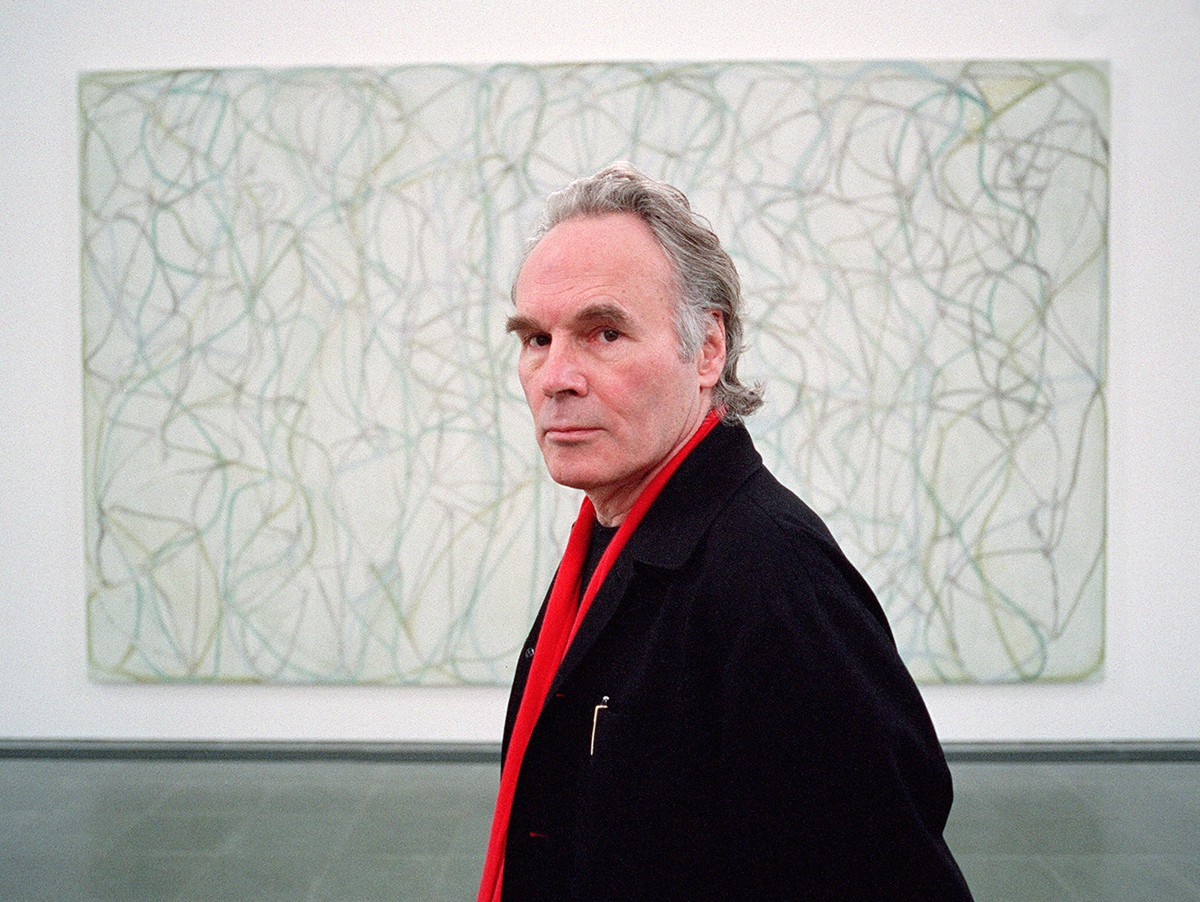
Brice Marden was an American painter. He is known for his minimalist, abstract paintings that often feature simple geometric shapes and a limited color palette.
Marden studied at the Boston University School of Fine Arts and the Yale University School of Art and Architecture. In the 1960s, he moved to New York City and became associated with the Minimalist movement, which emphasized the use of simple forms and materials.
Marden's early works were monochromatic, featuring one color per canvas. Later in his career, he began to incorporate more colors and gestural brushstrokes into his paintings, while still maintaining a sense of simplicity and restraint.
Marden has received numerous awards and honors throughout his career, including the National Medal of Arts in 2011. His works are held in collections around the world, including the Museum of Modern Art in New York, the Tate Modern in London, and the Centre Georges Pompidou in Paris.
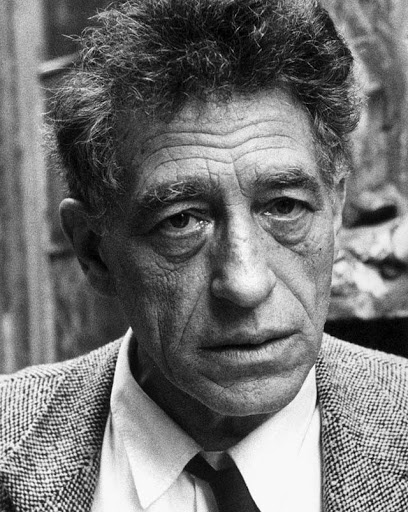
Alberto Giacometti was a Swiss sculptor, painter, draftsman, and printmaker, renowned for his distinctive elongated sculptures of solitary figures. Born in Borgonovo, Switzerland, in 1901, into a family of artists, Giacometti's talent was evident from an early age, encouraged by his father, Giovanni, a post-Impressionist painter, and his godfather, Cuno Amiet, a Fauvist painter. Moving to Paris in 1922 to study under the sculptor Antoine Bourdelle, Giacometti became a pivotal figure in Surrealism before focusing intensely on the human form, leading to his signature style of thin, elongated figures that evoke feelings of solitude and existential dread.
Giacometti's work spans several decades and various phases, including his early involvement with Surrealism and his later, more recognized existential and figurative sculptures. Notably, his sculptures, such as "Walking Man I" and "The Palace at 4 a.m.," reflect his unique view of reality and his relentless pursuit to capture the human essence. His approach was influenced by his associations with prominent figures of the art world, including Miró and Picasso, and intellectuals like Jean-Paul Sartre.
Despite facing challenges, including periods of self-doubt and the physical toll on his health, Giacometti's legacy as a master sculptor and artist remains influential. His works are celebrated worldwide and featured in major museums, such as the Museum of Modern Art in New York and the Tate Gallery in London, testament to his enduring impact on the art world.
Collectors and experts in art and antiques continue to revere Giacometti's work for its emotional depth and unique aesthetic. For those interested in the pioneering spirit of modern sculpture, Alberto Giacometti's oeuvre offers a profound exploration of the human condition and the artist's relentless pursuit of reality through art.
To stay updated on sales and auction events related to Alberto Giacometti's work, sign up for updates. This subscription is an excellent opportunity for collectors and enthusiasts to remain informed about new discoveries and opportunities related to Giacometti's enduring legacy.

Robert Ryman was an American painter born in Nashville, Tennessee in 1930, and died in New York City in 2019. He was associated with the Minimalist movement, and is known for his monochromatic paintings that explore the materiality and texture of paint.
Ryman studied at the Tennessee Polytechnic Institute and the George Peabody College for Teachers before moving to New York City in the 1950s. He worked as a guard at the Museum of Modern Art, where he was exposed to the work of artists such as Jackson Pollock and Mark Rothko.
Ryman's early works were influenced by Abstract Expressionism, but he gradually moved towards a more minimal and reductive style. His paintings often feature white or off-white paint on square or rectangular canvases, with variations in texture and surface quality.
Ryman's work has been exhibited in galleries and museums around the world, including the Museum of Modern Art in New York, the Tate Modern in London, and the Centre Georges Pompidou in Paris. He was awarded the Golden Lion at the Venice Biennale in 2001, and is considered one of the most important American painters of the 20th century.
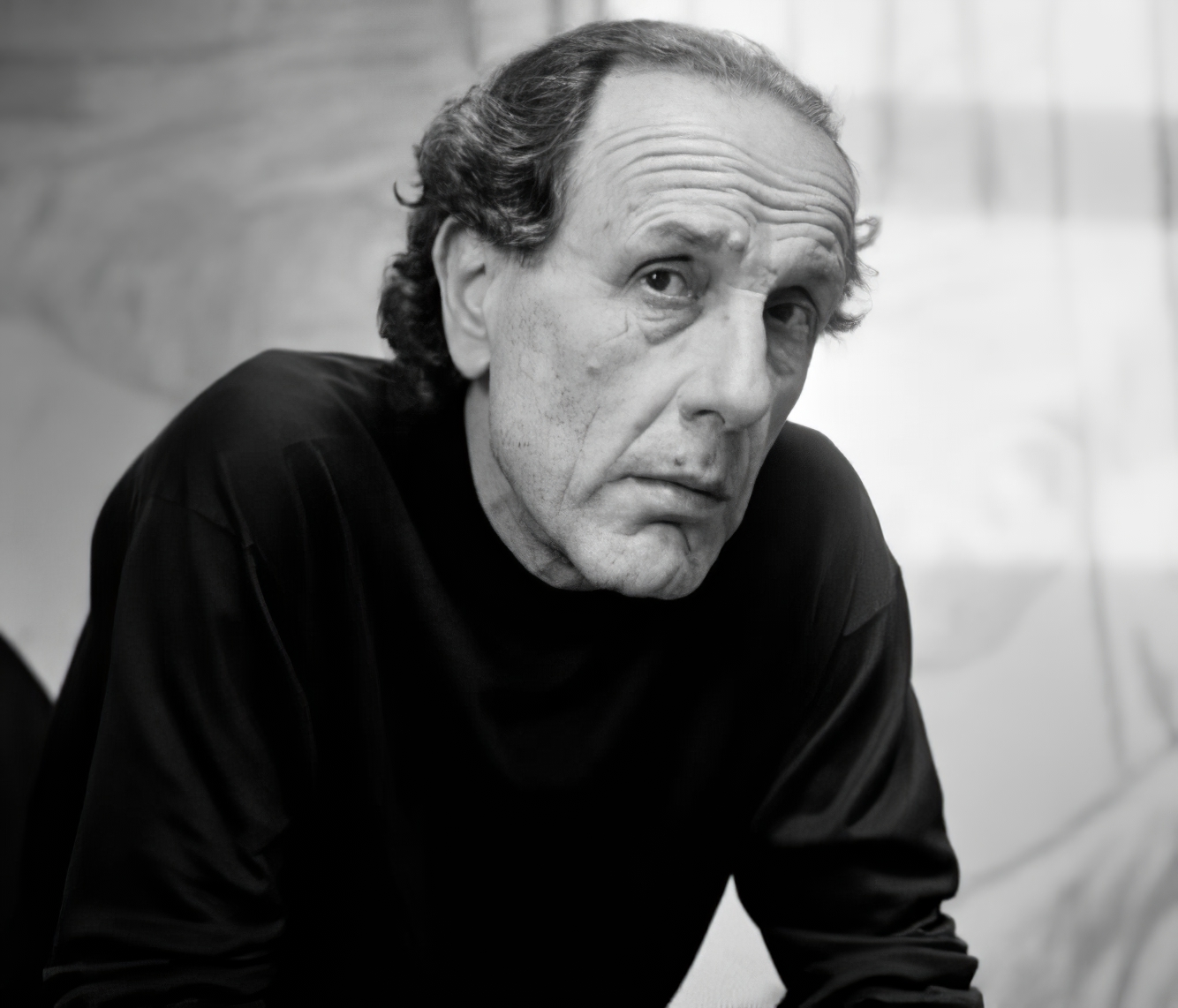
Enzo Cucchi is an Italian painter. He was a key member of the Italian Transavanguardia movement, along with his countrymen Francesco Clemente, Mimmo Paladino, Nicola De Maria, and Sandro Chia. The movement was at its peak during the 1980s and was part of the worldwide movement of Neo-Expressionist painters.
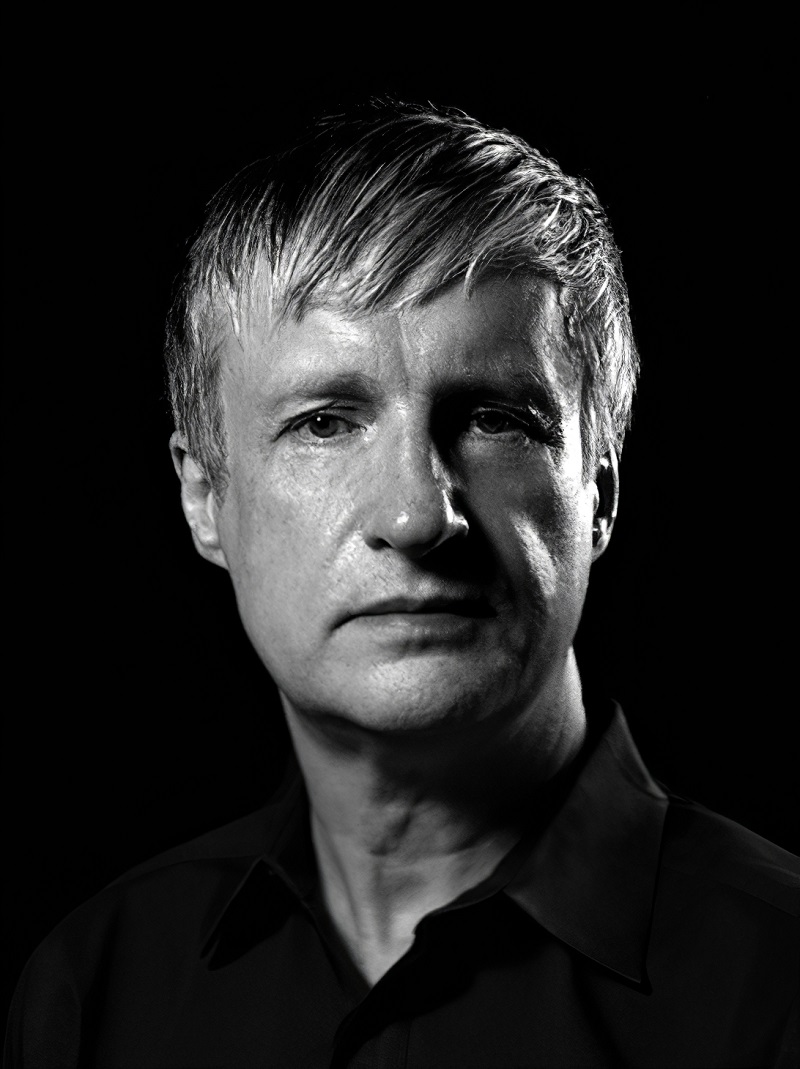
Donald Baechler was an American painter and sculptor associated with 1980s Neo-expressionism.
Baechler's artwork is in various permanent museum collections including at the Whitney Museum of American Art, the Museum of Modern Art, Solomon R. Guggenheim Museum, the Museum of Fine Arts Boston, the Stedelijk, and the Centre Pompidou.
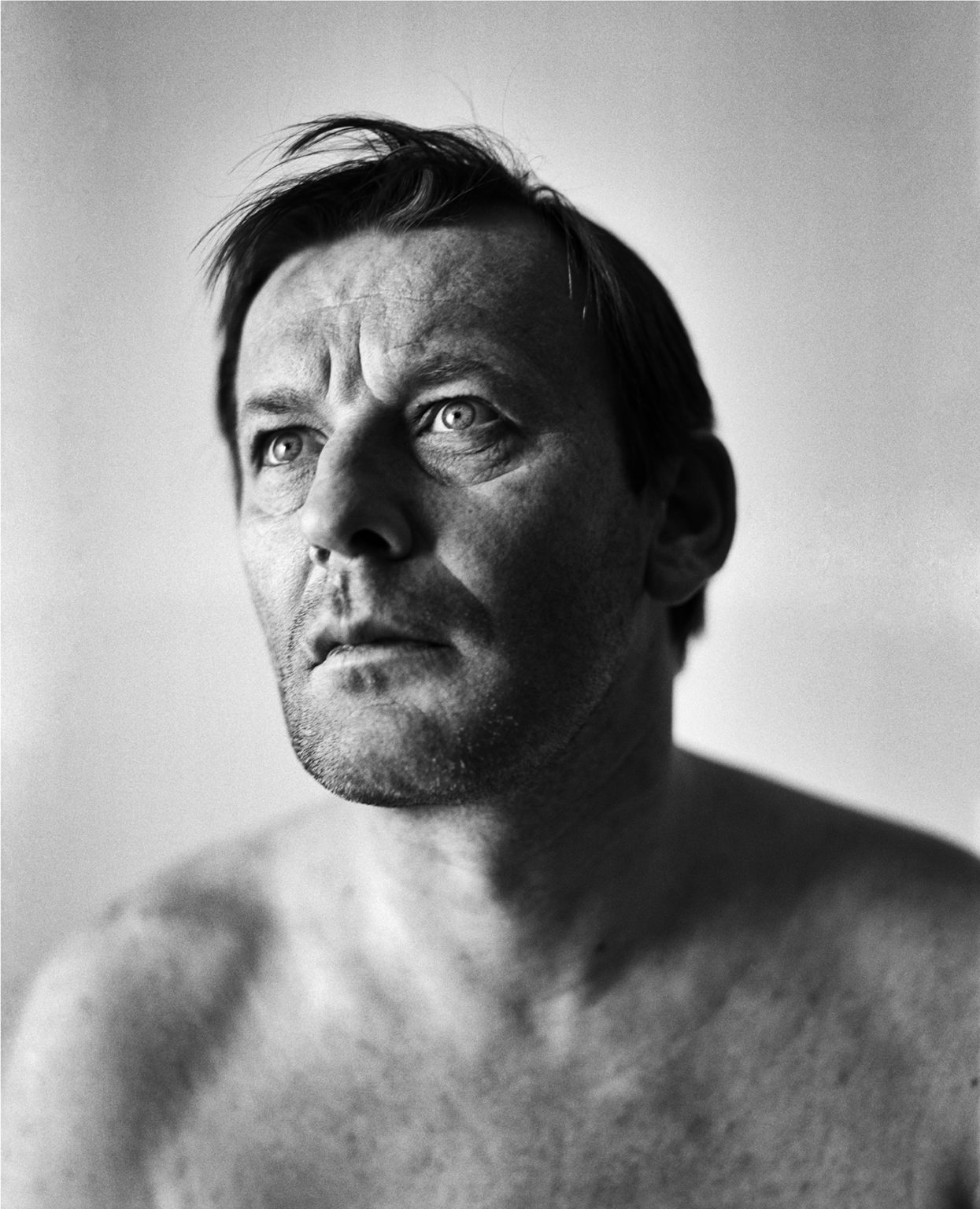
Martin Kippenberger was a German artist known for his extremely prolific output in a wide range of styles and media, superfiction as well as his provocative, jocular and hard-drinking public persona.
Kippenberger was "widely regarded as one of the most talented German artists of his generation," according to Roberta Smith of the New York Times. He was at the center of a generation of German enfants terribles including Albert Oehlen, Markus Oehlen, Werner Büttner, Georg Herold, Dieter Göls, and Günther Förg.

Brice Marden was an American painter. He is known for his minimalist, abstract paintings that often feature simple geometric shapes and a limited color palette.
Marden studied at the Boston University School of Fine Arts and the Yale University School of Art and Architecture. In the 1960s, he moved to New York City and became associated with the Minimalist movement, which emphasized the use of simple forms and materials.
Marden's early works were monochromatic, featuring one color per canvas. Later in his career, he began to incorporate more colors and gestural brushstrokes into his paintings, while still maintaining a sense of simplicity and restraint.
Marden has received numerous awards and honors throughout his career, including the National Medal of Arts in 2011. His works are held in collections around the world, including the Museum of Modern Art in New York, the Tate Modern in London, and the Centre Georges Pompidou in Paris.
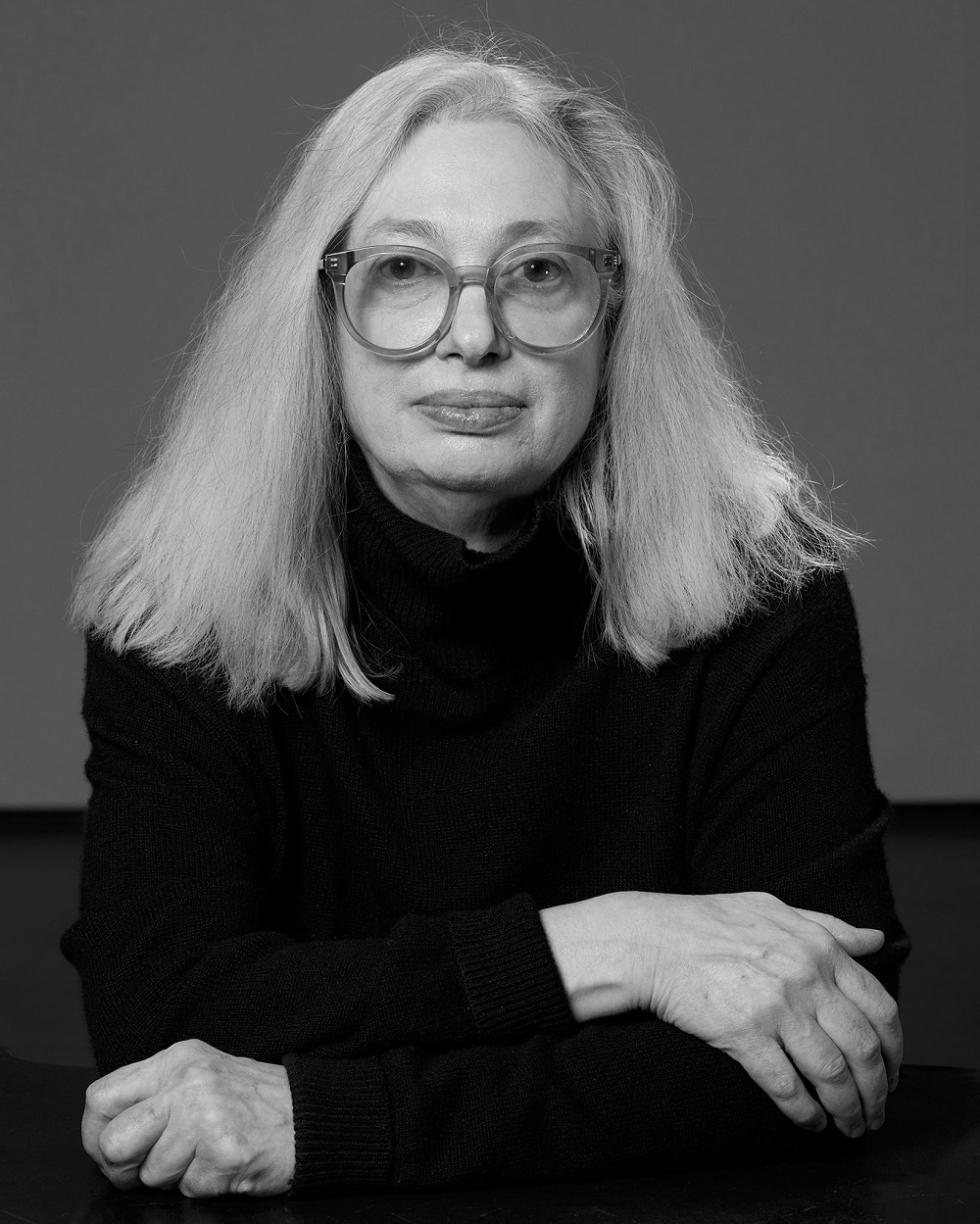
Sherrie Levine is an American photographer, painter, and conceptual artist. Some of her work consists of exact photographic reproductions of the work of other photographers such as Walker Evans, Eliot Porter and Edward Weston.
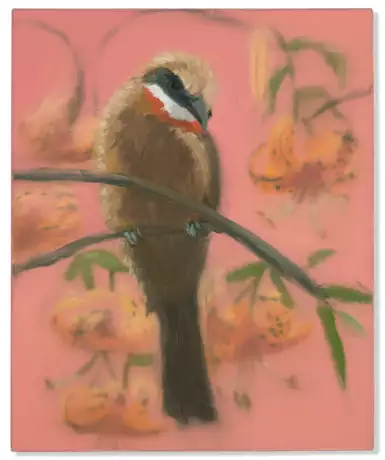
Ann Craven is a contemporary American painter known for her lush depictions of the moon, birds, and multi-colored stripes. Craven’s use of serial motifs belies her interest in ephemeral moments, seasonal cycles, and the changeable qualities of painting. She received her BFA from the Massachusetts College of Art in 1986 and her MFA from Columbia University in 1993. She notably served as an artist assistant to Alex Katz, whose work influenced her own. Much of Craven’s practice revolves around painting en plein air, in this way she has captured the moon on hundreds of nights over the years. The artist currently lives and works in New York. Today, her works are held in the collections of the Whitney Museum of American Art in New York, the Museum of Contemporary Art in Chicago, and the Institute of Contemporary Art in Miami, among others.
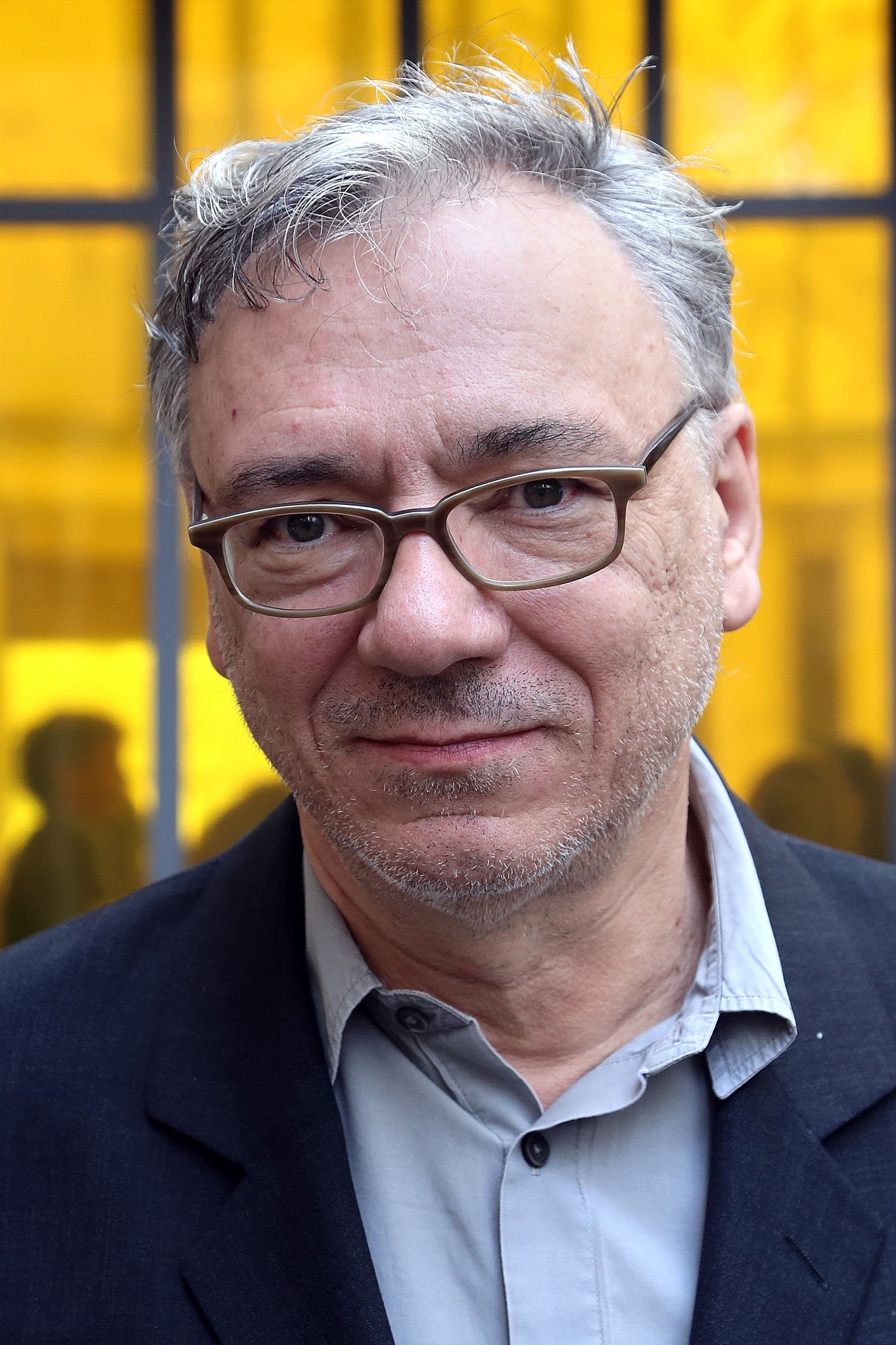
Peter Halley is an American artist and a central figure in the Neo-Conceptualist movement of the 1980s. Known for his Day-Glo geometric paintings, Halley is also a writer, the former publisher of index Magazine, and a teacher; he served as director of graduate studies in painting and printmaking at the Yale University School of Art from 2002 to 2011. Halley lives and works in New York City.

Andy Warhol, born as Andrew Warhola Jr., was an American visual artist, film director, and producer, who played a pivotal role in the development of the Pop Art movement. His art delved into the interplay between artistic expression, advertising, and celebrity culture, especially prevalent in the 1960s. Warhol was renowned for his diverse range of media, which included painting, silkscreening, photography, film, and sculpture.
Warhol's journey began in Pittsburgh, where he was born and raised, initially making a name for himself as a commercial illustrator. His New York studio, "The Factory," became a famous hub for intellectuals, celebrities, and various artistic minds. He was known for creating the notion of "Warhol superstars" and popularized the phrase "15 minutes of fame."
His contribution to the art world is significant, with notable works like "Campbell's Soup Cans" (1962) and "Marilyn Diptych" (1962), as well as his experimental films like "Empire" (1964) and "Chelsea Girls" (1966). These works not only define his career but also underscore the essence of the Pop Art movement.
Warhol's influence extended beyond his artwork. He managed and produced the experimental rock band The Velvet Underground, founded Interview magazine, and wrote several books, including "The Philosophy of Andy Warhol" and "Popism: The Warhol Sixties." Living openly as a gay man before the gay liberation movement, Warhol's personal life was as influential as his professional endeavors.
Tragically, Warhol's life was nearly cut short in 1968 when he was shot by radical feminist Valerie Solanas. He eventually passed away in 1987 due to cardiac arrhythmia following gallbladder surgery. His legacy continues, with The Andy Warhol Museum in Pittsburgh standing as the largest U.S. museum dedicated to a single artist.
Warhol's art remains highly collectible and valuable. His works, like the "Silver Car Crash (Double Disaster)" and "Shot Sage Blue Marilyn," have fetched staggering amounts at auctions, signifying his enduring impact on the art market.
For art collectors and experts, Andy Warhol's work represents a crucial intersection of pop culture and fine art, offering a unique perspective on consumerism and celebrity. His pieces are not just art; they are historical landmarks that capture a transformative era in both art and society.
To stay updated on new products, sales, and auction events related to Andy Warhol, sign up for our updates. This subscription will keep you informed about all things Warhol without overwhelming you with unnecessary information.

Andy Warhol, born as Andrew Warhola Jr., was an American visual artist, film director, and producer, who played a pivotal role in the development of the Pop Art movement. His art delved into the interplay between artistic expression, advertising, and celebrity culture, especially prevalent in the 1960s. Warhol was renowned for his diverse range of media, which included painting, silkscreening, photography, film, and sculpture.
Warhol's journey began in Pittsburgh, where he was born and raised, initially making a name for himself as a commercial illustrator. His New York studio, "The Factory," became a famous hub for intellectuals, celebrities, and various artistic minds. He was known for creating the notion of "Warhol superstars" and popularized the phrase "15 minutes of fame."
His contribution to the art world is significant, with notable works like "Campbell's Soup Cans" (1962) and "Marilyn Diptych" (1962), as well as his experimental films like "Empire" (1964) and "Chelsea Girls" (1966). These works not only define his career but also underscore the essence of the Pop Art movement.
Warhol's influence extended beyond his artwork. He managed and produced the experimental rock band The Velvet Underground, founded Interview magazine, and wrote several books, including "The Philosophy of Andy Warhol" and "Popism: The Warhol Sixties." Living openly as a gay man before the gay liberation movement, Warhol's personal life was as influential as his professional endeavors.
Tragically, Warhol's life was nearly cut short in 1968 when he was shot by radical feminist Valerie Solanas. He eventually passed away in 1987 due to cardiac arrhythmia following gallbladder surgery. His legacy continues, with The Andy Warhol Museum in Pittsburgh standing as the largest U.S. museum dedicated to a single artist.
Warhol's art remains highly collectible and valuable. His works, like the "Silver Car Crash (Double Disaster)" and "Shot Sage Blue Marilyn," have fetched staggering amounts at auctions, signifying his enduring impact on the art market.
For art collectors and experts, Andy Warhol's work represents a crucial intersection of pop culture and fine art, offering a unique perspective on consumerism and celebrity. His pieces are not just art; they are historical landmarks that capture a transformative era in both art and society.
To stay updated on new products, sales, and auction events related to Andy Warhol, sign up for our updates. This subscription will keep you informed about all things Warhol without overwhelming you with unnecessary information.
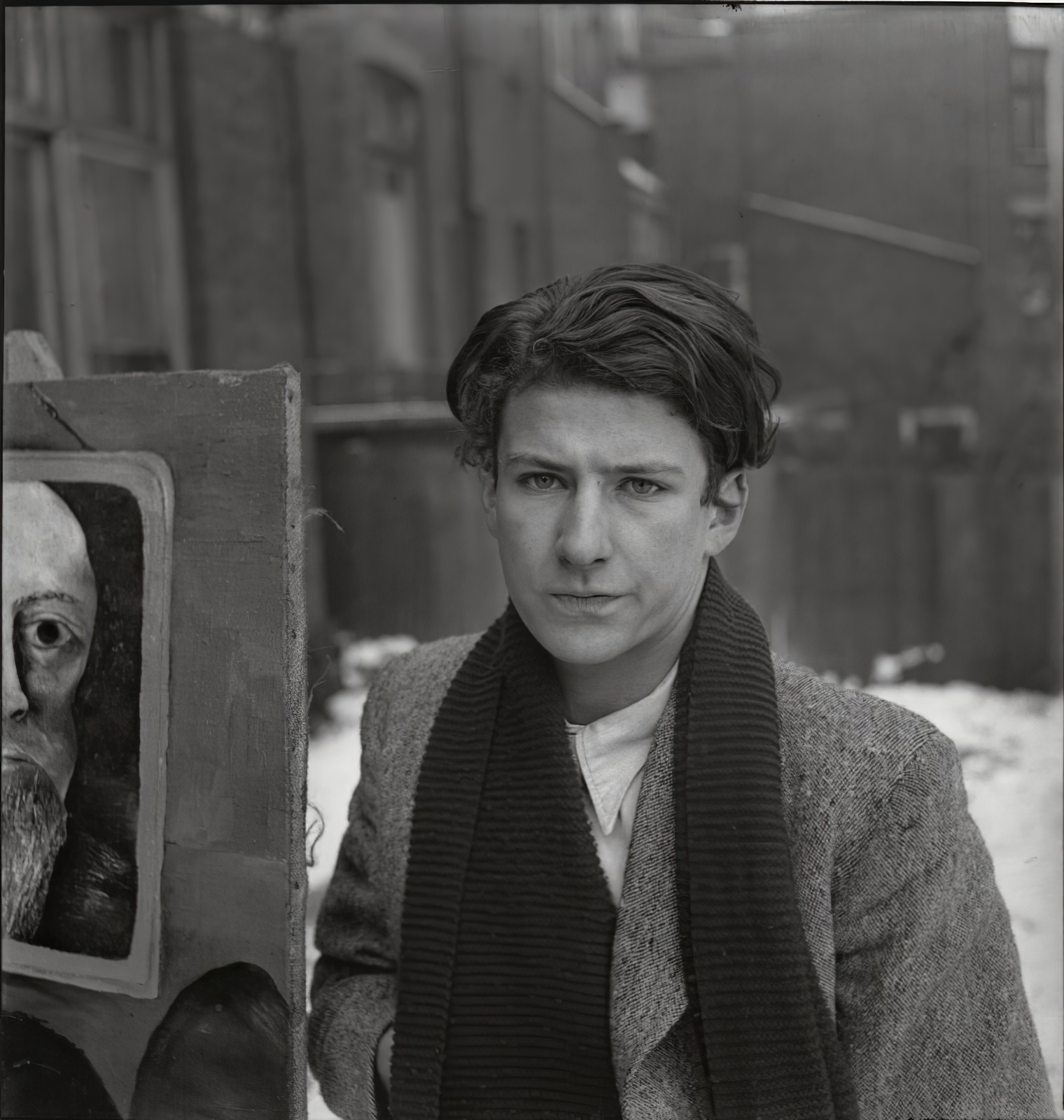
Lucian Michael Freud was a British painter and draughtsman, specialising in figurative art, and is known as one of the foremost 20th-century English portraitists. He was born in Berlin, the son of Jewish architect Ernst L. Freud and the grandson of Sigmund Freud. Freud got his first name "Lucian" from his mother in memory of the ancient writer Lucian of Samosata. His family moved to England in 1933 to escape the rise of Nazism. From 1942 to 1943 he attended Goldsmiths College, London. He served at sea with the British Merchant Navy during the Second World War.
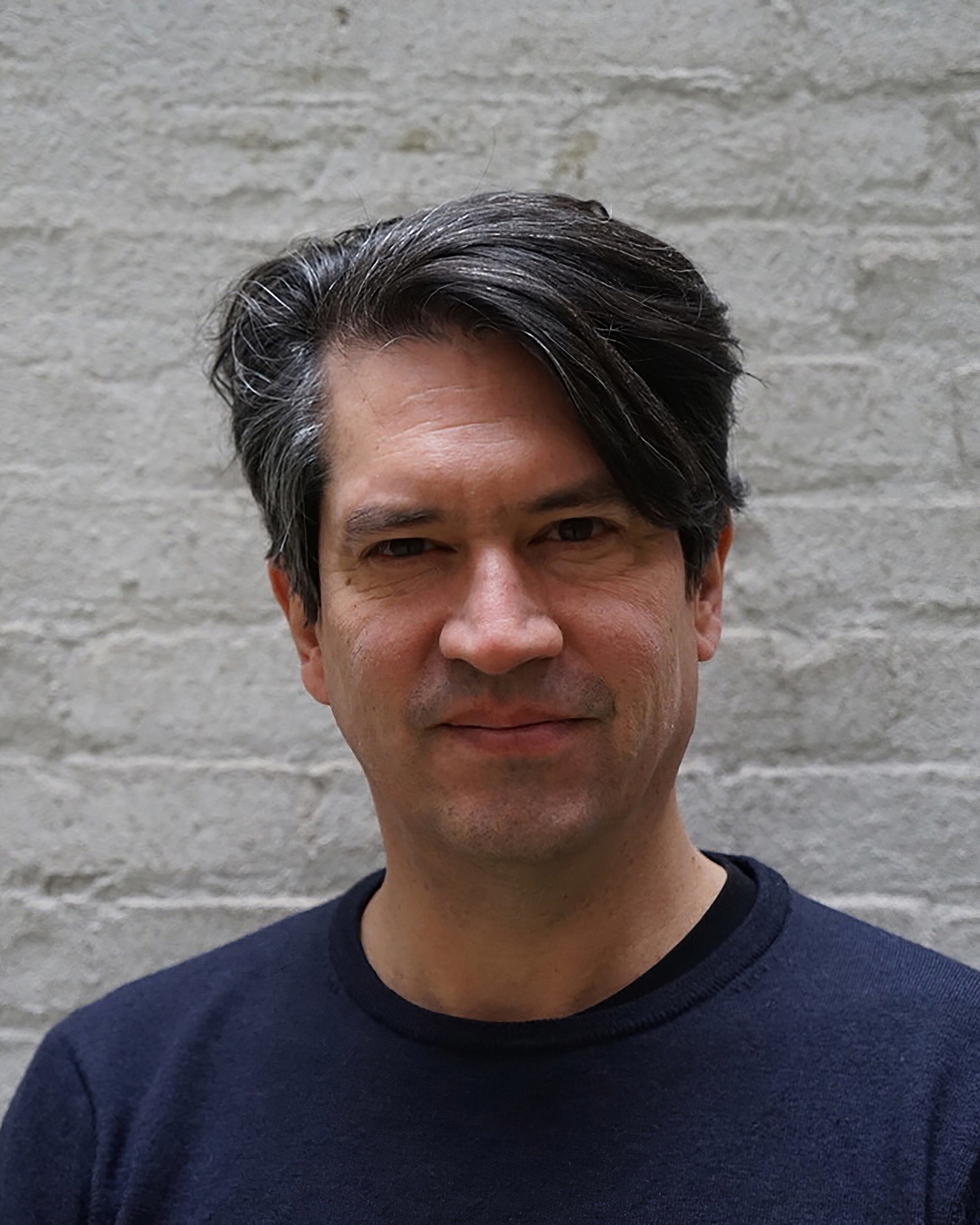
Sean Landers is an American artist. He is best known for using his personal experience as public subject matter and for utilizing diverse styles and media in a performative manner, and is especially known for his word art. His work encompasses many media: painting, sculpture, photography, drawing, writing, video and audio, and he uses humor and confession, gravity and pathos in it, blurring the lines between fact and fiction, reality and fantasy, sincerity and insincerity.


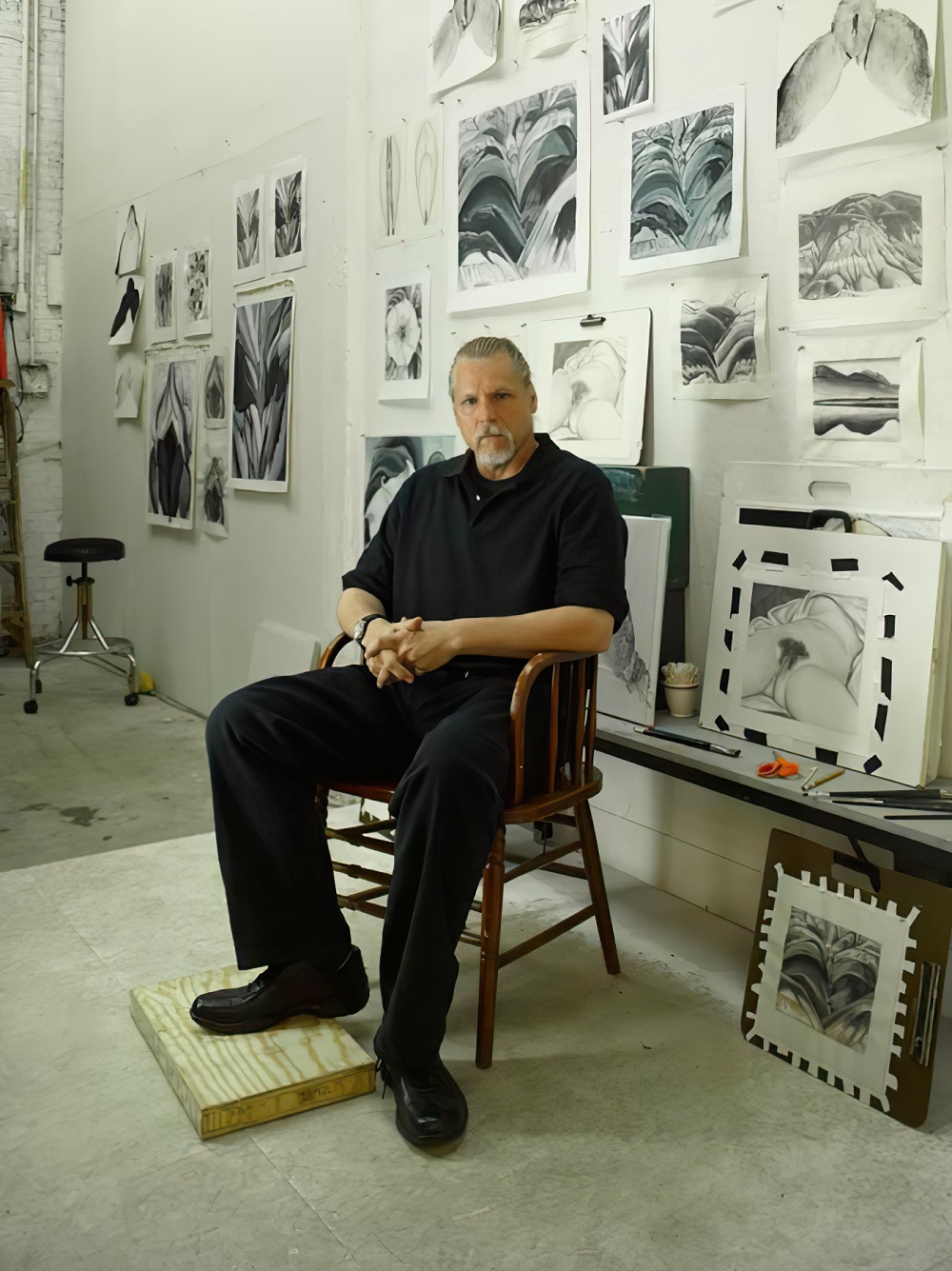


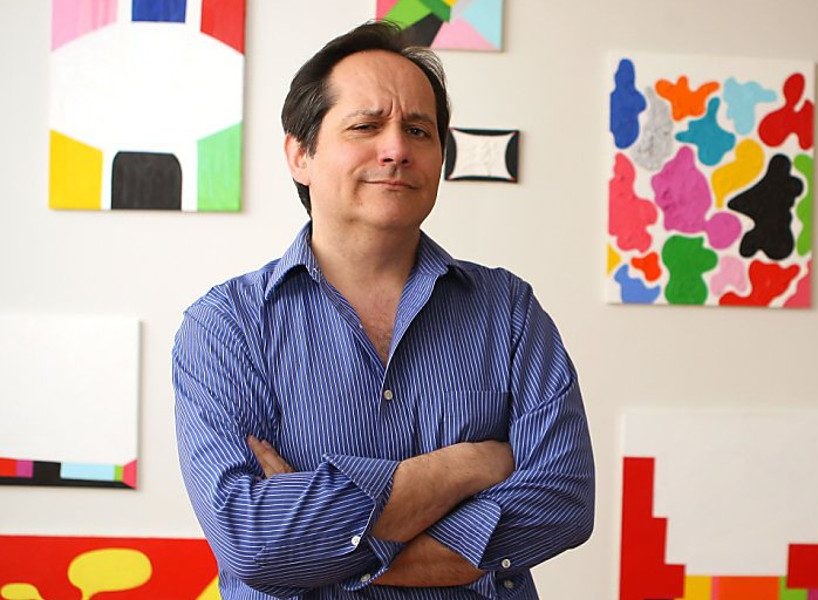
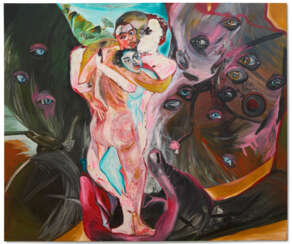





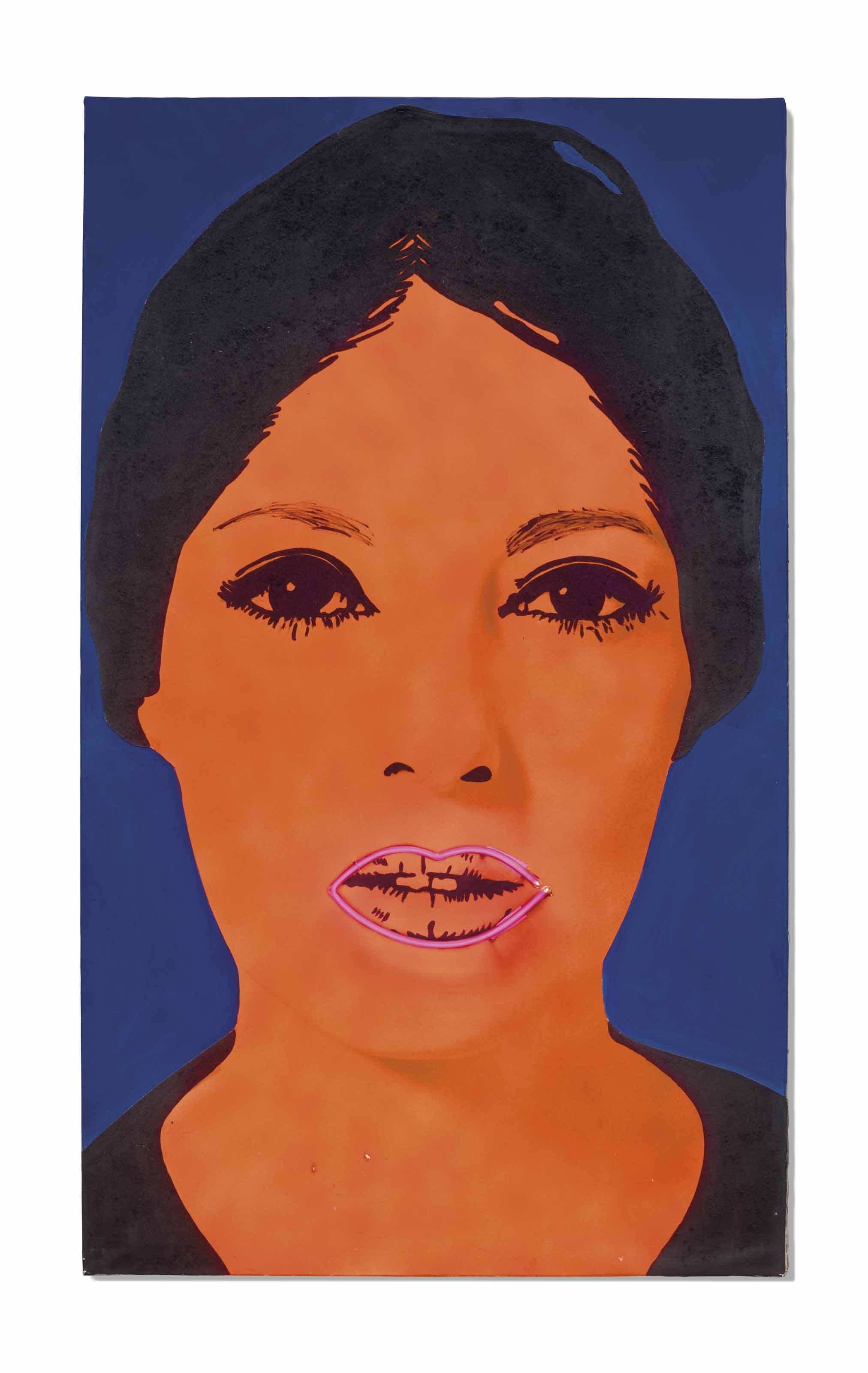








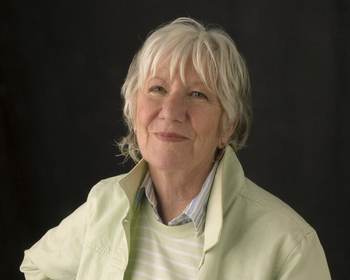












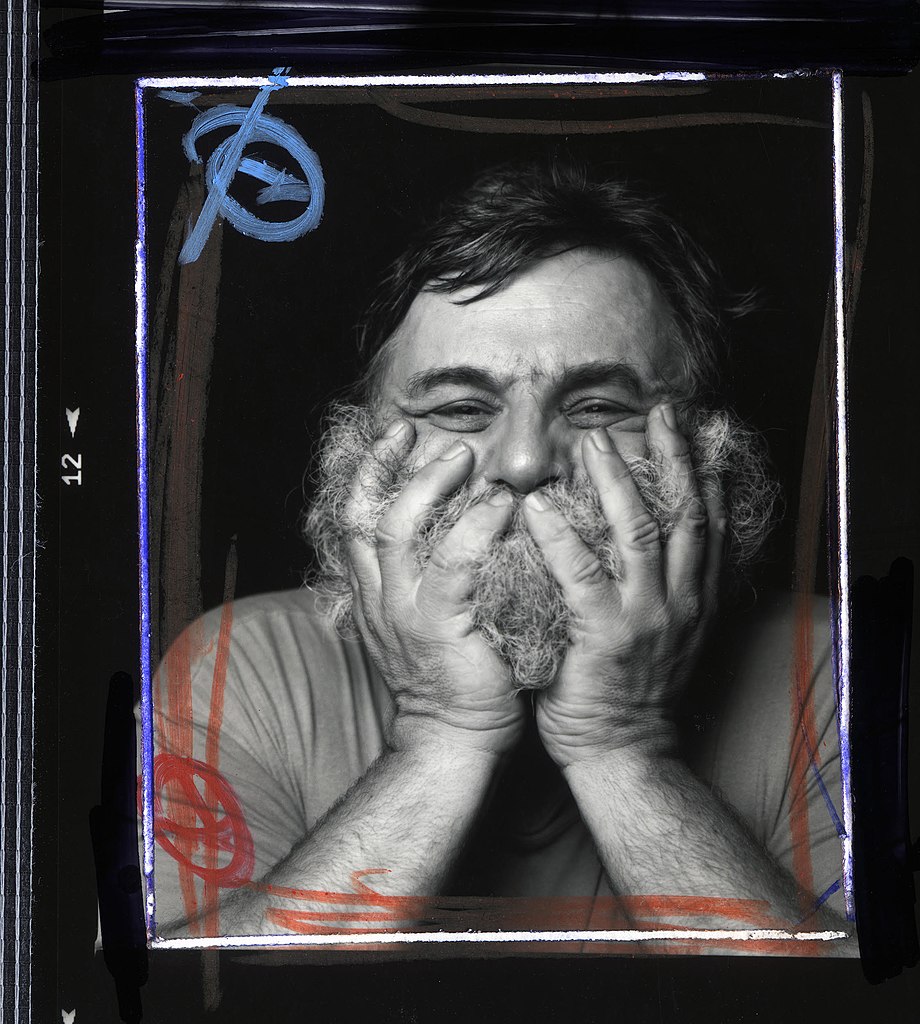
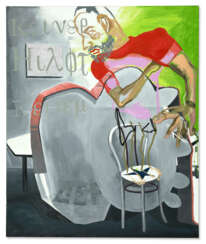













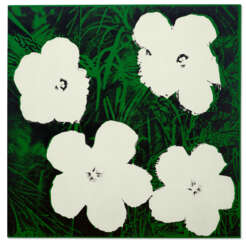



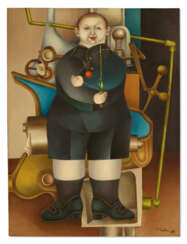

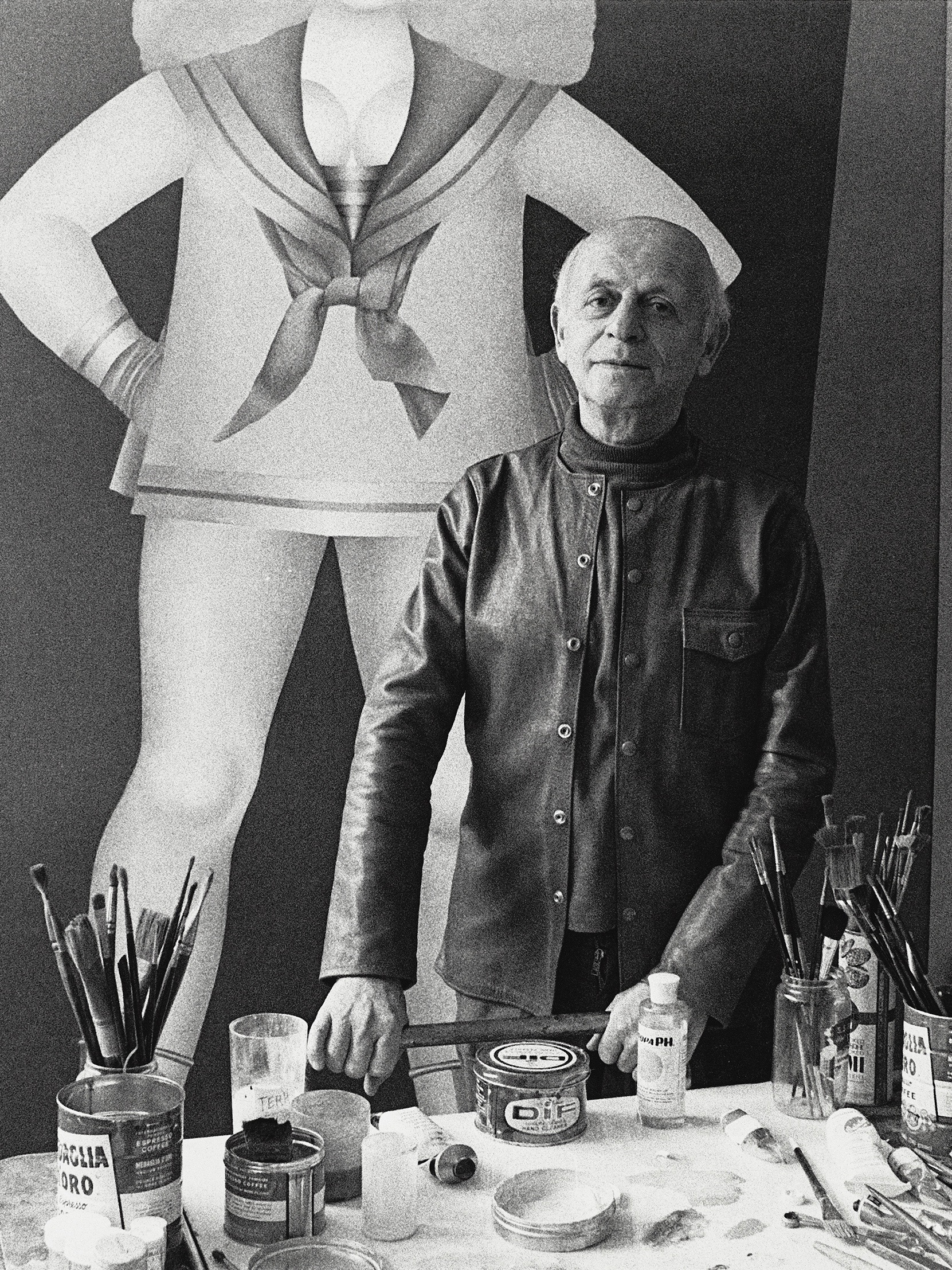


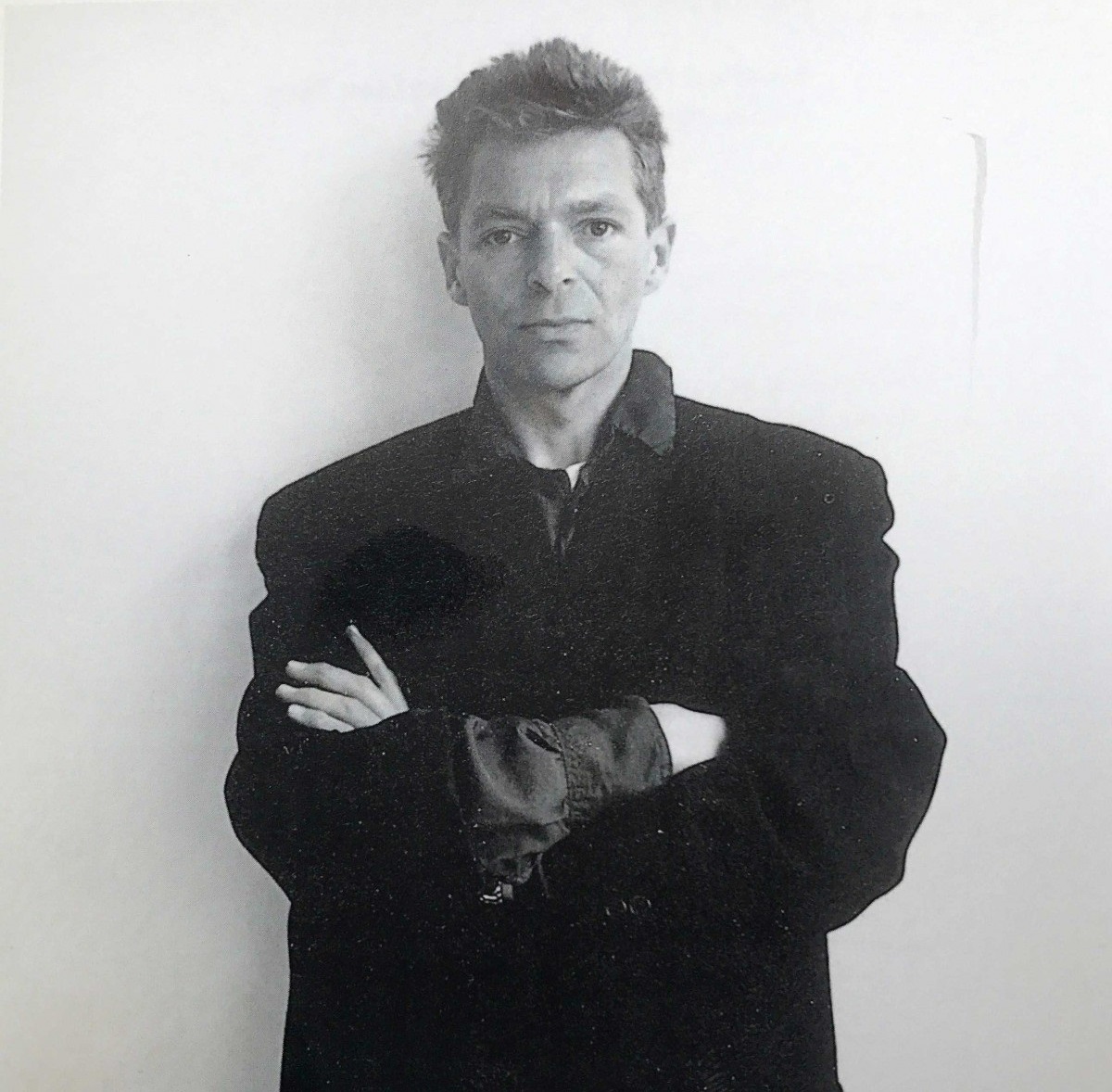




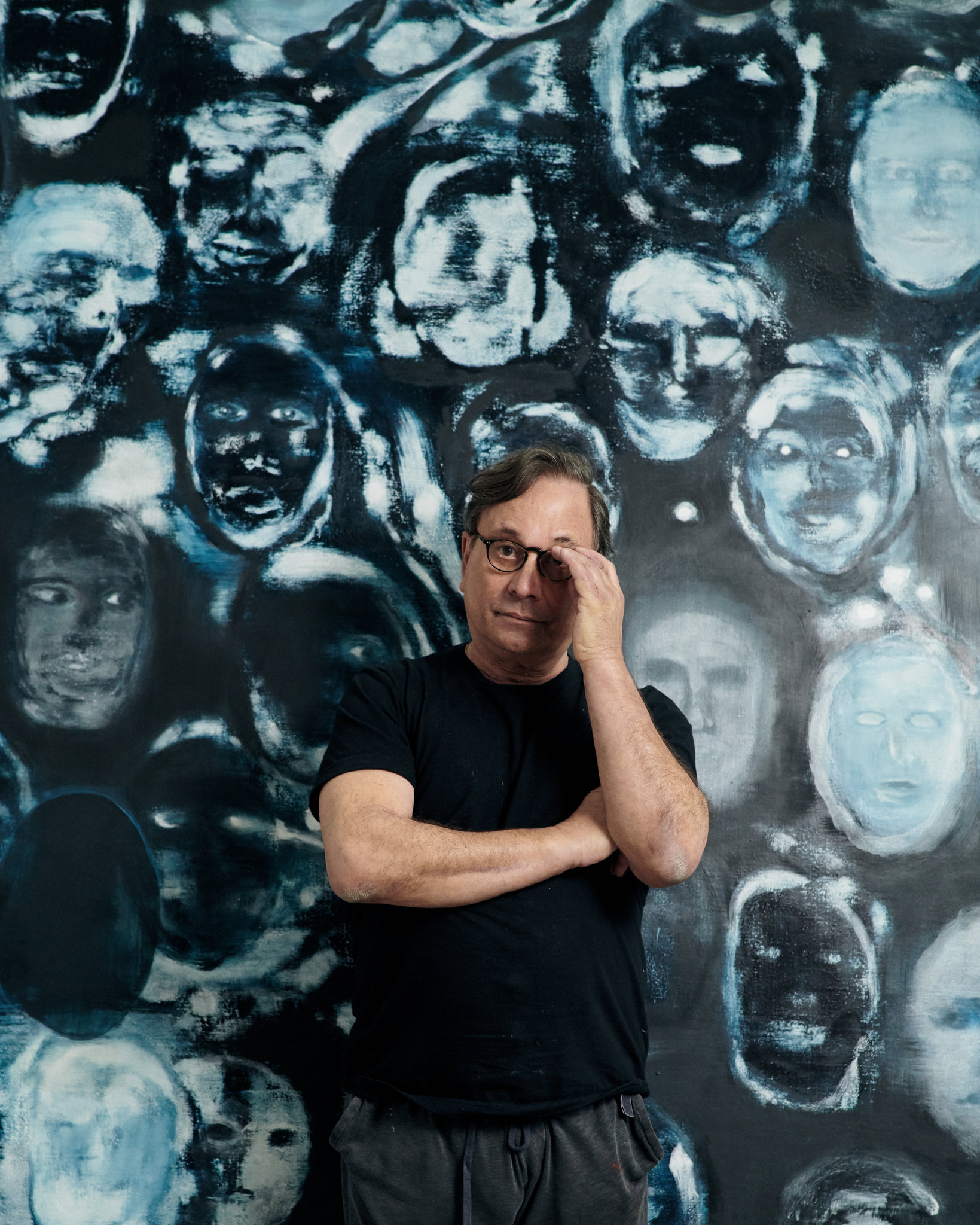


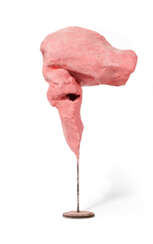

.jpg)